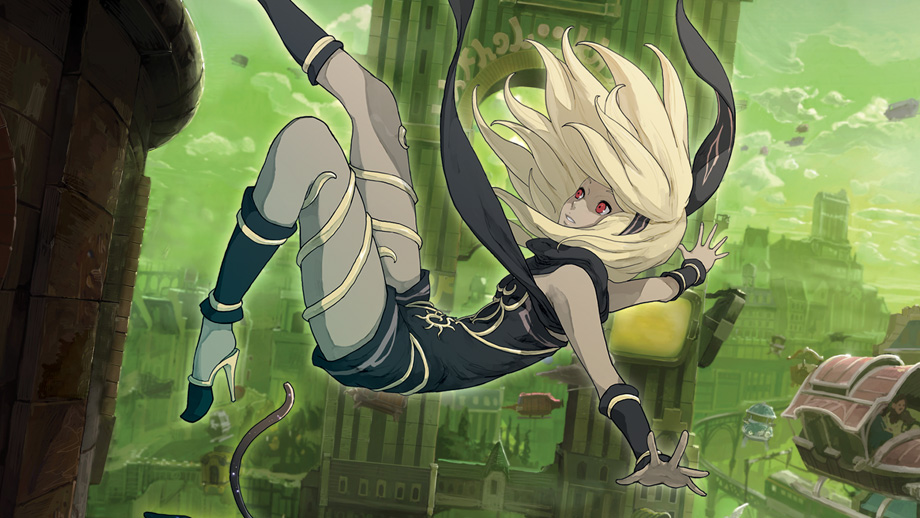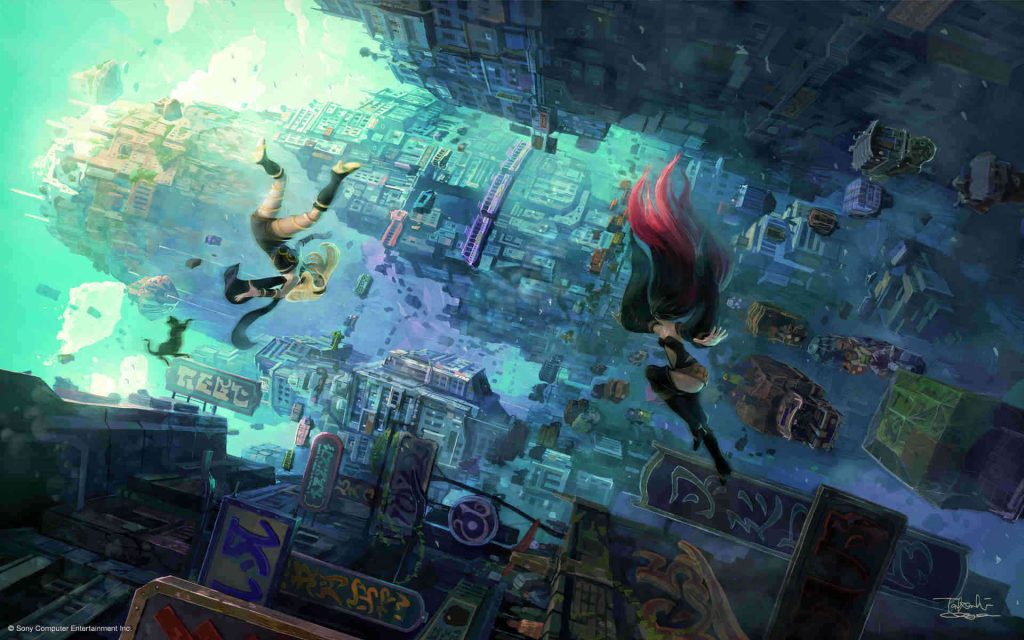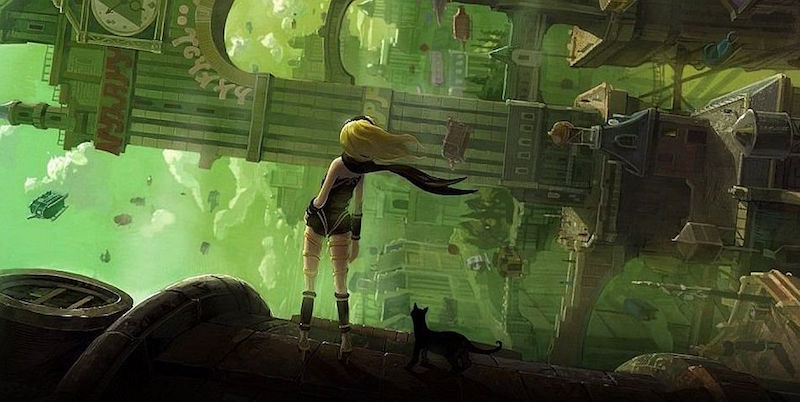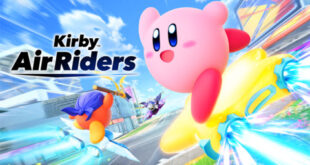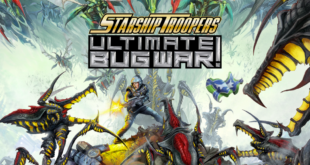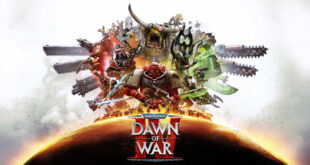This week’s Playing Catchup looks at the “Gravity Rush” series, an IP that has continued to turn the open world action adventure genre on its head.
Normally, these articles focus on a single game or entry into a series, and for good reason. Gamers only have so much time to catch up on all the titles that fill their to do list, and picking up an entire series pushes that many more great games to the back burner.
When it comes to the “Gravity Rush” series, however, things become a bit more complicated. Originally released on PS Vita in 2012, the game received generally high praise but only garnered a cult following due to its exclusive release. Support for the game was strong enough to garner a PS4 sequel, however, along with a full PS4 remaster of the game to be released a few months prior to the sequel’s release. A good move, considering how deeply intertwined the two games’ stories are.
The result is a fantastic set of games that stands on par with most established comic or anime series, with both titles together only clock in at 35-50 hours. Taking the role of Kat, players will guide her through the stepping stones of her development into becoming a hero. From the first time she saves a child caught in a gravity storm to the more over the top battles with the nebulous Nevi, the game does a great job of making the player feel like they’re witnessing Kat’s rise to power, complimented by the overarching story and plot that run through both games.
On top of this, the gameplay is some of the most interesting and inventive to come out of the open world and action adventure genres in years. Using Kat’s gravity manipulation powers, players can soar, float and free fall through the towns and worlds they travel to at a breakneck pace; walk on walls; and propel objects at the click of a button. This also applies to combat, where these mechanics make for intense, lightning fast combat between Kat and the varied types of enemies she takes on. Once players have these mechanics mastered, they can string together combos with ease, moving straight from a ground combo against a smaller Nevi into launching objects or a flying drop kick against an airborne boss.
This is only complimented by the game’s art and sound design. While story scenes are depicted through comic-esque panels, the in game engine looks and feels like a graphic novel come to life, mixing elements of French and Japanese culture and architecture. Orchestral melodies float through the air, giving towns the sense of life most open world games lack; characters and environments, meanwhile, pop with cosmic colors, breathing a sense of imagination into the world and its story. One could lose themselves for hours just flying around the game’s environments, exploring every nook and cranny to take in the details SIE Japan and Project Siren poured so much effort into.
There’s not much more that can be said about the “Gravity Rush” series other than that it’s worth the attention to match the praise it’s earned. It’s one of the finest examples of how the game industry can still produce new and interesting ideas, and one of the series from this generation that no gamer should miss.
“Gravity Rush” is available on PS4 and PS Vita for $29.99 while “Gravity Rush 2” is available on PS4 for $54.99.
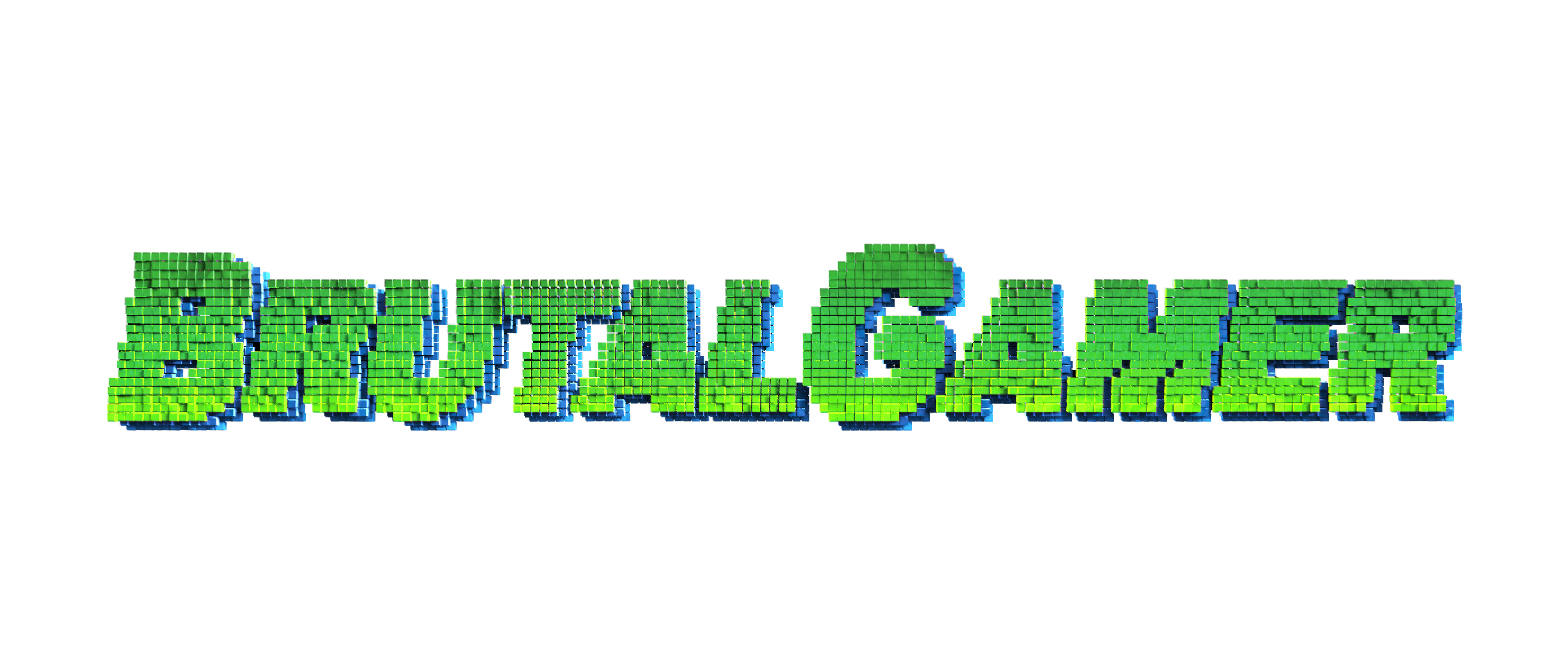 BrutalGamer Bringing you Brutally Honest feedback from today's entertainment industry.
BrutalGamer Bringing you Brutally Honest feedback from today's entertainment industry.

